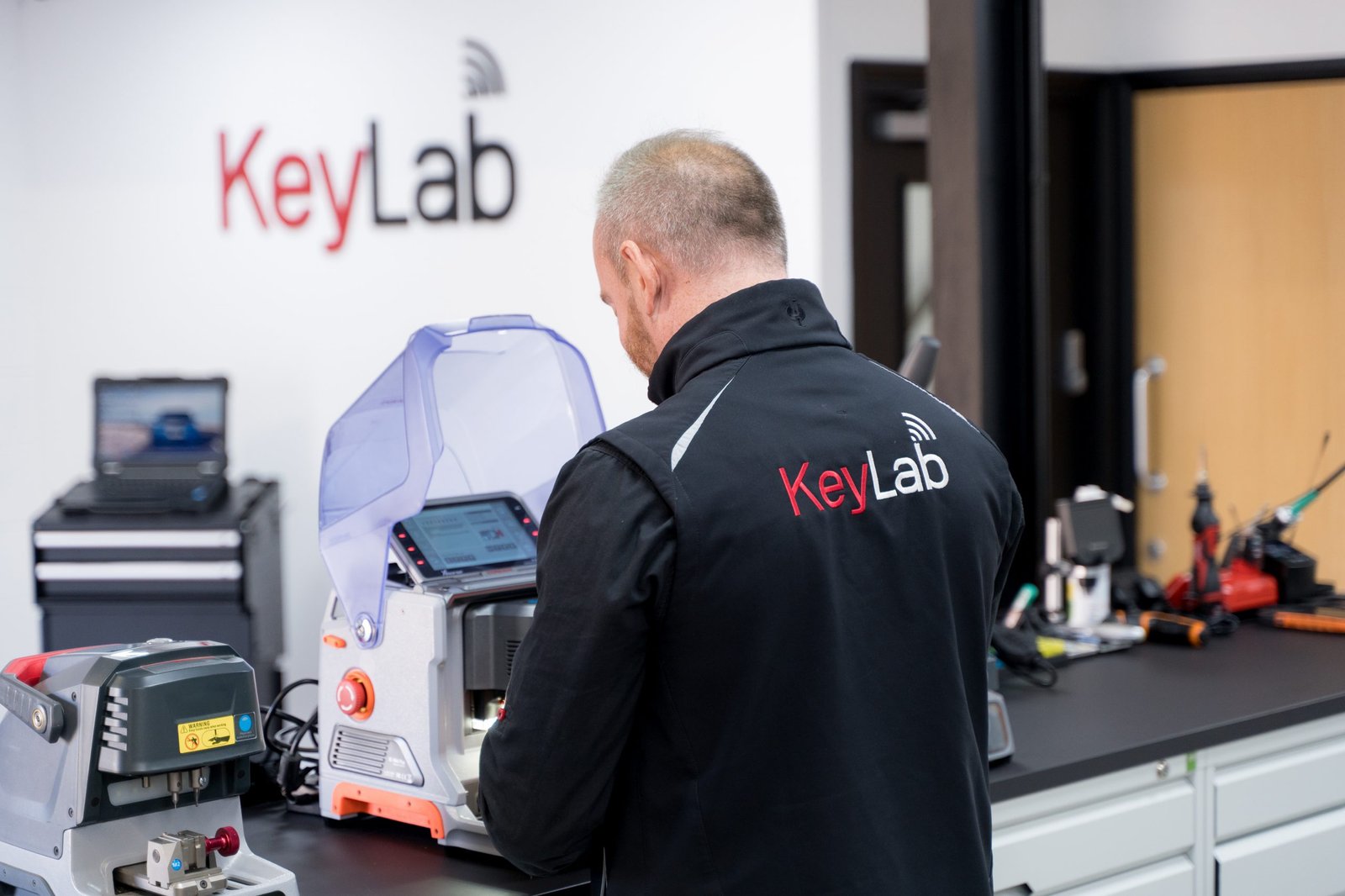A Comprehensive Guide to Replacing Car Keys
Car keys have evolved significantly from the basic metal keys of the past to innovative electronic fobs that incorporate many security features. Regardless of whether you own an older design or a modern-day vehicle, losing a car key can trigger substantial hassle. This short article supplies a comprehensive summary of the procedure of changing car keys, consisting of the various kinds of keys, associated costs, and often asked concerns.
Kinds Of Car Keys
Before talking about the replacement procedure, it's necessary to comprehend the different kinds of car keys that exist today. Each type has its distinct replacement approach and cost.
Conventional Metal Keys:
- Used in older vehicles.
- Easy to replicate at a lot of hardware shops.
Transponder Keys:
- Contain a chip that interacts with the vehicle's ignition system.
- Need specific equipment for cutting and programming.
Smart Keys:
- Keyless entry systems that allow motorists to start their vehicles without inserting a key.
- Replacement requires dealership participation for programming.
Key Fobs:
- Remote-controlled gadgets that open doors and can start the engine.
- Often incorporated with transponder innovation.
Valet Keys:
- Designed for temporary use, enabling limited access to a car.
- Normally discovered with a key fob for fundamental functions.
Comparison Table: Types of Car Keys
| Key Type | Description | Replacement Method | Expense Range |
|---|---|---|---|
| Conventional Metal | Standard, non-electronic keys | Replicate at hardware stores | ₤ 2 - ₤ 10 per key |
| Transponder | Keys with a programmable chip | Auto locksmith or dealership | ₤ 50 - ₤ 200 |
| Smart Key | Keyless entry system | Dealer just | ₤ 200 - ₤ 500 |
| Key Fob | Remote control access | Auto locksmith or dealer | ₤ 50 - ₤ 300 |
| Valet Key | Minimal access for temporary usage | Replicate if possible | ₤ 10 - ₤ 30 |
Actions to Replace Car Keys
Replacing car keys can seem overwhelming, however it can be relatively simple when broken down into manageable actions. Here's a guide to follow:
1. Determine Key Type
Recognize the kind of key you need to replace. This will direct your next steps and supply insight into the required replacement technique.
2. Find Your Vehicle Identification Number (VIN)
The VIN is generally found on the chauffeur's side control panel, visible through the windscreen. It can also be found on the driver's side door frame or in your vehicle's registration files. This details is necessary for any key replacement, as it verifies vehicle ownership.
3. Contact a Professional
Depending upon the key type, you might need to visit either a dealership or a locksmith. For standard keys, a lot of hardware stores can duplicate them quickly. For transponder keys, a licensed locksmith professional or dealership is required to set the new key.
4. Provide Necessary Documentation
You might require to present documentation that validates your identity and ownership of the vehicle. Typical files include:
- Driver's license
- Vehicle registration
- Evidence of insurance coverage
5. Program the New Key
For keys with innovative technology (like transponder keys or clever keys), shows is often required. This might involve utilizing unique diagnostic equipment offered at a dealership or professional locksmith professional.
6. Test the New Key
After replacement, constantly evaluate the brand-new key to guarantee it opens the doors and, if suitable, begins the ignition.
Expenses Associated with Key Replacement
The expense of replacing car keys can differ significantly based on the key type, vehicle make and design, and the replacement approach chosen. An average expense breakdown is as follows:
- Traditional Keys: ₤ 2 - ₤ 10
- Transponder Keys: ₤ 50 - ₤ 200
- Smart Keys: ₤ 200 - ₤ 500
- Key Fobs: ₤ 50 - ₤ 300
- Solutions of a Locksmith: ₤ 50 - ₤ 150 (depending upon services rendered and the complexity of the key)
Factors Influencing Cost
- Vehicle Make and Model: Luxury vehicles typically have higher replacement expenses due to innovative technology.
- Contract out vs. Dealership: Dealerships may charge more than independent locksmiths for similar services.
- Aftermarket vs. Original Parts: Some people choose for aftermarket keys, which can be more affordable but might not have the very same warranty coverage.
FAQs About Replacing Car Keys
Q1: Can I replace my car key myself?A: While you can replace traditional metal keys yourself, the majority of modern-day keys require professional expertise for duplication and shows. It is suggested to seek expert help. Q2: How long does it take to replace a car key?A: Replacement time differs. Traditional keys can be made in minutes, while transponder
or smart keys might take longer, especially if programming is included. Q3: What if I lose my only key?A: In this case, you will need to tow your vehicle to a dealer or locksmith that can create a new key for you. Q4: Will my
car's guarantee cover key replacement?A: Most car warranties do not cover key replacement unless you have specific theft security strategies.
Constantly talk to your guarantee supplier. Q5: How can I avoid losing my car keys?A: Consider using a key finder gadget, designating a particular area for your keys at home, and having a spare key made to keep in a safe location. Changing Electronic Car Key Replacement can be an inconvenience, however understanding the different kinds of keys, replacement procedures, and associated expenses can streamline the procedure for vehicle owners. Being prepared with understanding and a plan can decrease
tension and get you back on the roadway more rapidly. Whether you rely on a car dealership or locksmith professional, browsing key replacement doesn't have to be an overwhelming experience when you take the ideal steps.

